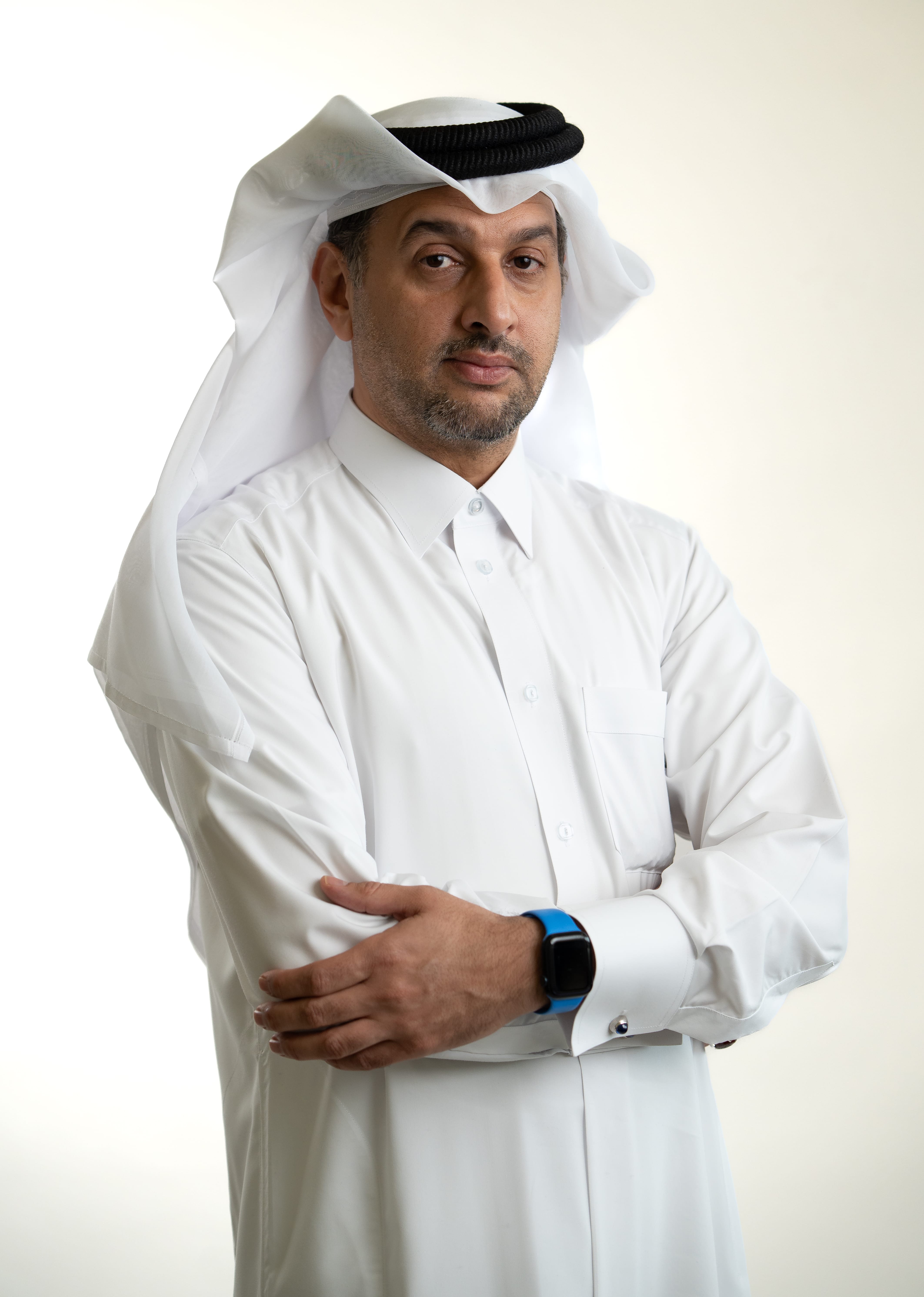 In light of the rapid changes that the world is witnessing in various fields, universities and higher education institutions must play their pivotal role in promoting the concept of community service and continuing education, not just in providing traditional academic education. These two aspects are considered among the most prominent factors contributing to developing people professionally and personally, building societies based on continuous education and innovation, improving quality of life, and achieving sustainable economic and social development.
In light of the rapid changes that the world is witnessing in various fields, universities and higher education institutions must play their pivotal role in promoting the concept of community service and continuing education, not just in providing traditional academic education. These two aspects are considered among the most prominent factors contributing to developing people professionally and personally, building societies based on continuous education and innovation, improving quality of life, and achieving sustainable economic and social development.
Continuing education represents a sustainable learning process that aims to improve and develop the skills and knowledge of community members throughout their professional and personal lives. It is not limited to academic study at the university level only but extends beyond graduation and throughout life. It is considered the essential tool for adapting to the rapid development in various fields, especially technology, that our contemporary world is witnessing. It enables individuals to acquire new skills and keep pace with developments in various fields, which enhances their ability to compete in the changing labor market, improve their performance, and achieve success at the personal and professional levels, such as leadership skills, communication, problem-solving, and critical thinking.
Community service, a key component of the educational mission, has a tangible impact on the local and global community. Implementing programs and initiatives that help tackle societal issues contributes to the betterment of society. Community service and continuing education are essential to Qatar National Vision 2030, a strategic framework for achieving sustainable development. Universities and higher education institutions contribute by providing the opportunity to benefit from their expertise, experiences, and resources and a continuous educational environment that motivates individuals to continue learning, acquiring knowledge, and developing skills. This enhances human capital and increases community interaction in line with future needs.
According to this standpoint, the Center for Community Service and Continuing Education identifies and meets the training needs of community members by offering specialized training programs in addition to preparatory programs for professional and international certification exams and entrance exams for all universities. These programs are presented in Arabic and English, consistent with their nature and content. This is in addition to various language learning programs such as general English, Arabic, French, Turkish, German, Korean, Spanish, Japanese, Russian, Chinese, and Persian.
The Center for Community Service and Continuing Education at Qatar University is considered a leading body in providing non-academic programs in the country. To this end, it has cooperated with more than 244 bodies and institutions to offer more than 52,000 training hours to 26,000 participants through more than 1,700 training courses and workshops. The academic years between 2013 and 2023 included 56 international professional certificate programs, a testament to the Center's achievements and offerings.
All of the above were implemented with high quality in cooperation with various academic departments at the university. The Center's programs are designed to meet the community's actual needs, as evidenced by the increased demand for them. This acceptance and appreciation from community members is a testament to the Center's success in providing relevant and beneficial programs.
The Center continues to add more services and new programs conducive to its activities and occasionally concludes agreements and memorandums of understanding to keep pace with emerging needs and priorities.
Dr. Rajab Abdulla Al Esmail
Director, Community Service & Continuing Education Center